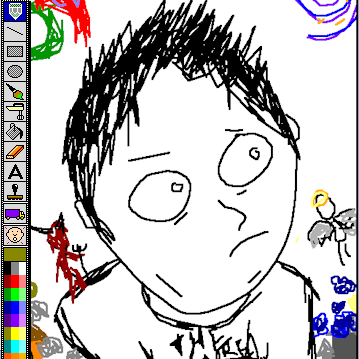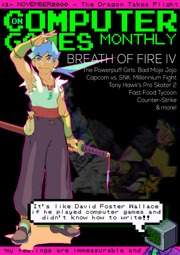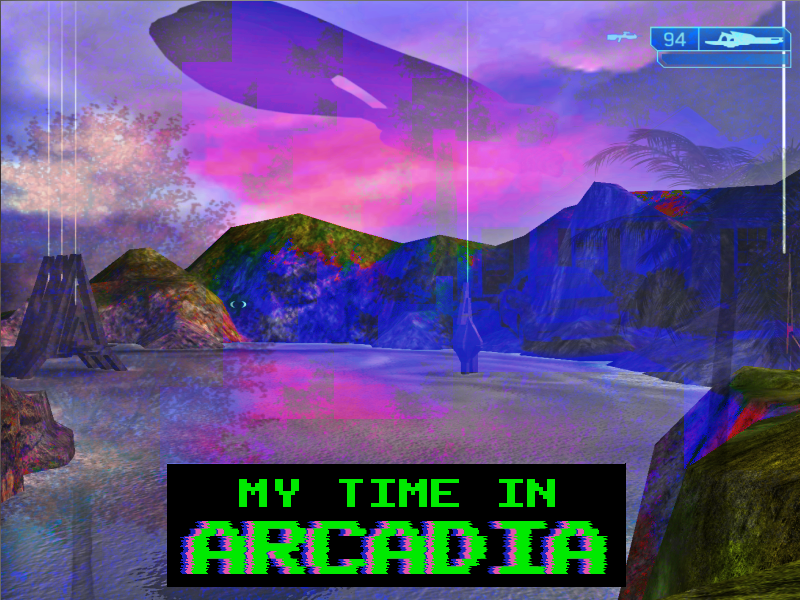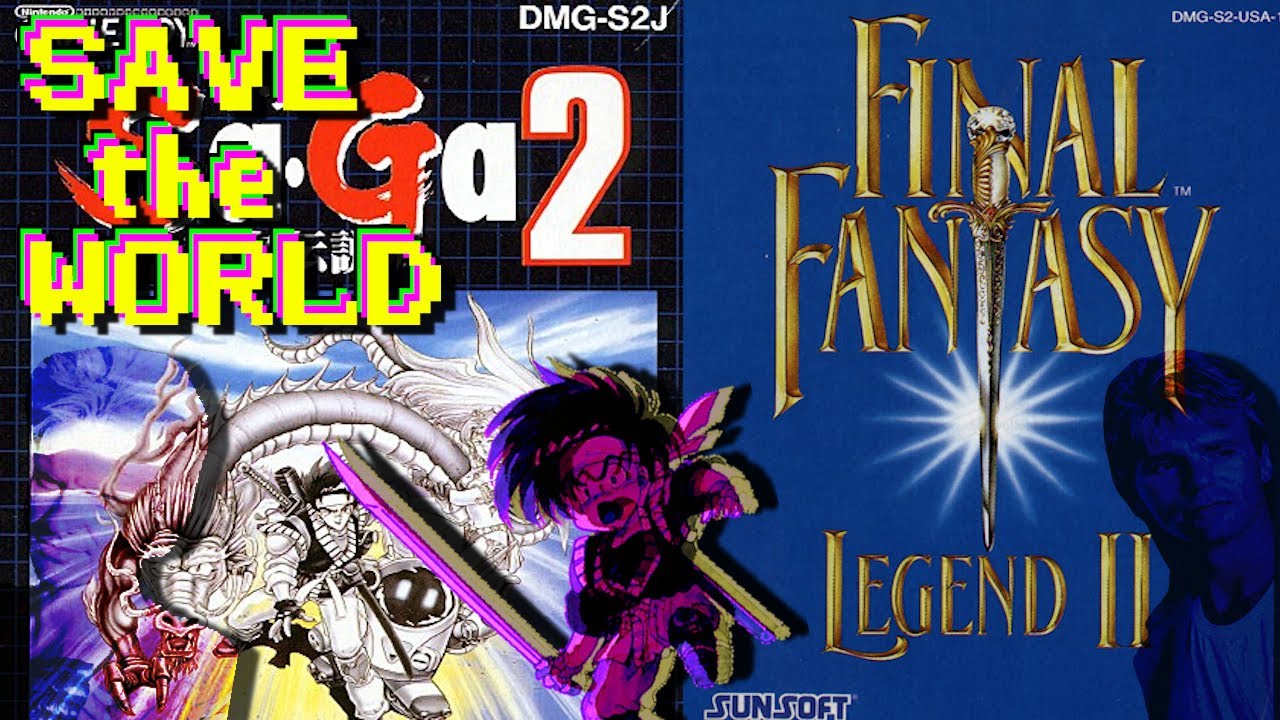- 48 Posts
- 92 Comments

 1·2 days ago
1·2 days agowe have a strong contender here! will anyone step up to challenge this dragon of definitions?!?!

 1·2 days ago
1·2 days agoclassic Oxford definition! nice.
that sounds interesting. weapon breaking may work better for strategy games, as an extra level of strategic consideration; but it seems to be less than well-received for action/adventure games.
 3·2 months ago
3·2 months agothey’re aimed at teens/young-adults but it’s fun spotting the direct inspirations and differences. also, several Studio Ghibli films are based on books: Howl’s Moving Castle, Tales from Earthsea, The Secret World Of Arietty (kind of), and maybe a few others.
 5·2 months ago
5·2 months agoweird mix, but Kiki’s Delivery Service during the day and Infinite Jest before bed.

 3·2 months ago
3·2 months agoagreed. i don’t have much to add as my sentiment on this subject drips from the words i’ve already written. i think addiction is a complicated thing driven by many factors: boredom, lack of purpose, depression, and some even think there is a genetic component. it’s definitely more complicated than just-turn-the-game-off. (love the footnote.)

 2·3 months ago
2·3 months agoyou have to engage with the first leg of the quest and kill a few goblins; eventually they ask you to go into the homes and kill the goblins inside, at this point you can refuse.
"Now on the ground, assist the other company members in killing all of the goblins around the settlement. You may notice that the “goblins” don’t really behave as expected: they do not attack you and appear broadly harmless.
Once all the goblins in the exterior are dead, one of the other Company members will tell you to clear out the houses as well. If you start to suspect what is really going on, you don’t have carry out this order. If you instead run far enough from the settlement, you will be relocated to where Modryn is and may continue as described below." https://en.m.uesp.net/wiki/Oblivion:Infiltration

 1·3 months ago
1·3 months agoyes, it is. for sure.

 2·3 months ago
2·3 months agoi immediately think of the inverse. spoilers for very old games.
spoiler
consider Shadow of the Colossus. admittedly, it’s been a while so i may be misremembering some points. but, the premise of the game is you play as a young man intent on reviving a sacrificed girl; he is a mute named Wander. giants roam the land (‘colossi’) and, from the start, Wander is tasked by a disembodied voice to slay these colossi to revive the girl. as you ride horseback through the land slaying these colossi (who are just wandering around peacefully): the colossi fall with exaggerated groans of sadness, the land becomes a little darker, and your character’s appearance changes somewhat. it’s revealed that the disembodied voice is actually a demon who was ripped apart and scattered across the world (or something), and these colossi seal the demon’s disparate parts. by the end of the game, Wander has slain all the colossi and revived the demon, and consequently Wander is seen a demon himself and sealed. the demon kept to their word and revived the girl, however.
a shorter example, in Oblivion there’s a Fighter’s Guild quest in which you’re tasked with infiltrating a rival guild (“The Blackwood Company”), and during this quest The Blackwood Company drugs you up with the sap of a hist tree and tasks you with “slaying some goblins that have taken over a village.” you slay the goblins as they request, but after the drugs wear off you it’s revealed that you slayed an entire village of innocent people; the hist sap only made you see goblins during the act.
i like these examples of games subverting your expectations and turning you into the villain. it’s a form of empathy – either feeling “sorry” for the character, or inversely: thinking they’re a fool and thereby feeling like a fool yourself – but it’s more visceral because even the player is not in on the joke until the computer game reveals it to them.

 5·3 months ago
5·3 months agothe use of the word “better” is always problematic because you then have to explain how you define “better,” which you did; then you have to justify it, which you did; but it has become entirely subjective during this journey. the hurdle is truly justifying why “tactical gameplay” or “character interaction” has more value than original world building, which is nigh impossible.
considering this is computer games, you could make the argument that gameplay rules all, but doing shooty-shoots-at-bad-guy can happen regardless of setting, it’s all about mechanical fidelity and input-response feedback at that point; the setting is not relevant. if someone plays a computer game primarily for its unique setting, then the uniqueness of the setting becomes the prominent value judgement for that individual; that person would be disappointed if the setting was just a DnD-rip, for example.
i do think there is merit in your viewpoint from a general perspective; to appeal to the masses, using familiar tropes helps ease the average player into a comfort zone. but too much reliance on this idea of “familiar is better” stifles creativity. you could argue that unique settings should be left for novels/etc, but i think computer games should push boundaries, and the idea of what constitutes a computer game changes every day. you could argue that a non-DnD setting falls into the realm of “scifi” as well, but this is a semantics game; genre labels are typically vacuous, functioning only to give a potential audience some general understanding of the material they’re about to engage with.
that being said, i can’t think of many “fantasy” settings that don’t borrow from Tolkien on some level. even the example i was going to use to counter your point, Morrowind, has a setting heavily inspired by Tolkien; albeit, very far removed and unique with elements of Hinduism thrown in. i don’t think this validates the theory that sword/sorcery settings are “better,” only that it validates the theory that human beings have a hard time being truly unique. even Tolkien was heavily inspired by the Norse Volsunga Saga. it’s like a long game of telephone.
good post.

 2·3 months ago
2·3 months agogreat insight, didn’t even consider this.

 2·3 months ago
2·3 months agoit’s out of wedlock

 2·3 months ago
2·3 months agoffxiv does a decent job at limiting this type of player behavior in that the director has publicly stated parsers/logging are prohibited, enshrined it in the code of conduct, and has been outspoken about his disapproval for parsing culture.
“it’s a tool for bullying … 100% confident in that … if we implement a (parser) we know that there will be group invites like “prove you can do xxxx DPS” and we never want that to happen.”
i suspected as much

 2·3 months ago
2·3 months ago! I appreciate that! I’m glad someone is paying attention. Let me know what you think of the magazine, if you happen to read through it.

 2·3 months ago
2·3 months agoi had no idea people even browsed this community other than myself lol

 4·3 months ago
4·3 months agonot sure. didn’t expect anyone would want to subscribe. i do plan on making more, but it will be awhile. you can always follow me on mastodon @[email protected] or follow the blog which i post some of the magazine articles in: oncomputer.games

 5·3 months ago
5·3 months agotook about two months. i have a full-time job and two kids as well, so would have taken less time if i didn’t have Grown Up Stuff to do.

 7·3 months ago
7·3 months agothat’s what this is – except it’s free! hope you like it.












why are you doing this, NOVA?